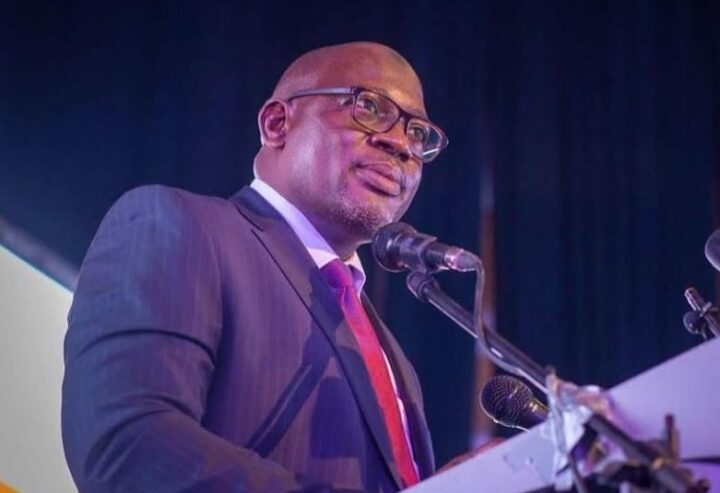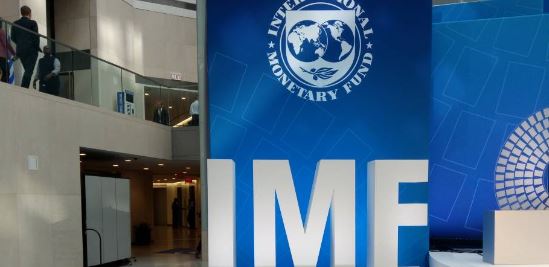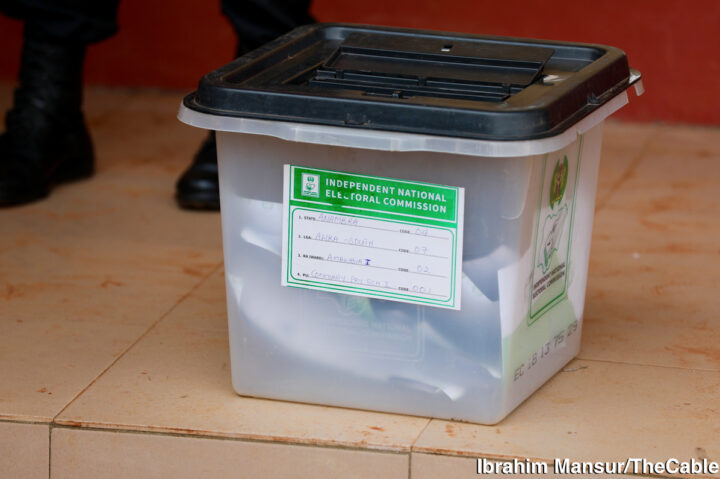Muhammad Nami, executive chairman of the Federal Inland Revenue Service (FIRS), has faulted the computation of Nigeria’s tax-to-gross domestic product (GDP) ratio, currently at six percent.
He said the figure captures only the federal government’s taxes and excludes the contributions of states and local governments in the country.
Nami spoke on Monday in Abuja at a symposium themed ‘Taxation and challenges of external shocks: Lessons and policy options for Nigeria,’ organised by the FIRS in collaboration with the Usmanu Danfodiyo University, Sokoto (UDUS).
The FIRS boss emphasised the need for the aggregation of all revenues generated at national and sub-national levels.
Advertisement
This, he said, would enable proper determination and accurate computation of Nigeria’s tax-to-GDP ratio.
“One of the recurring issues in national discourse has been Nigeria’s low tax-to-GDP ratio,” Nami said.
“In as much as the country needs to continually and conscientiously put measures in place to improve such a concern, there is also the need to comprehensively bring all the national and sub-national revenue sources into consideration to properly and appropriately determine the correct and meaningful tax-to-GDP ratio for the country.”
Advertisement
He said the current basis for computation, which focused on federal tax administration leaving out the revenue generated by states, local governments, ministries, departments, and agencies (MDAs) did not truly reflect the correct tax-to-GDP ratio.
Nami said that FIRS, through the ministry of finance, must include all government revenues in accounting for taxes generated to give the correct state of governments revenue.
He identified taxes generated to include amounts invested by taxpayers in the country’s road infrastructure as a result of Executive Order 007 and tax waivers granted to pioneer companies.
Others, he said, include import and excise duties waived through the operations of the Nigeria Customs Service (NCS) and all other revenues generated by MDAs on behalf of the federal, state, and local governments in Nigeria.
Advertisement
The FIRS boss said if the measures he suggested were fully implemented, they would align Nigeria with global best practices in reporting public finance and ensure a more transparent and accurate picture of the country’s tax-to-GDP ratio.
Speaking further, Nami said that the symposium was timely, especially with challenges posed by the COVID-19 pandemic, where new strains of the virus had been discovered and threatening businesses and commercial activities worldwide.
“Therefore, the theme of this symposium is very timely and relevant as it considers policy options for addressing current and future challenges,” he said.
“It will also review the challenges of the informal sector which constitutes about 70 percent of businesses in Nigeria and the reform options available to bring them into the tax net.”
Advertisement
Add a comment






